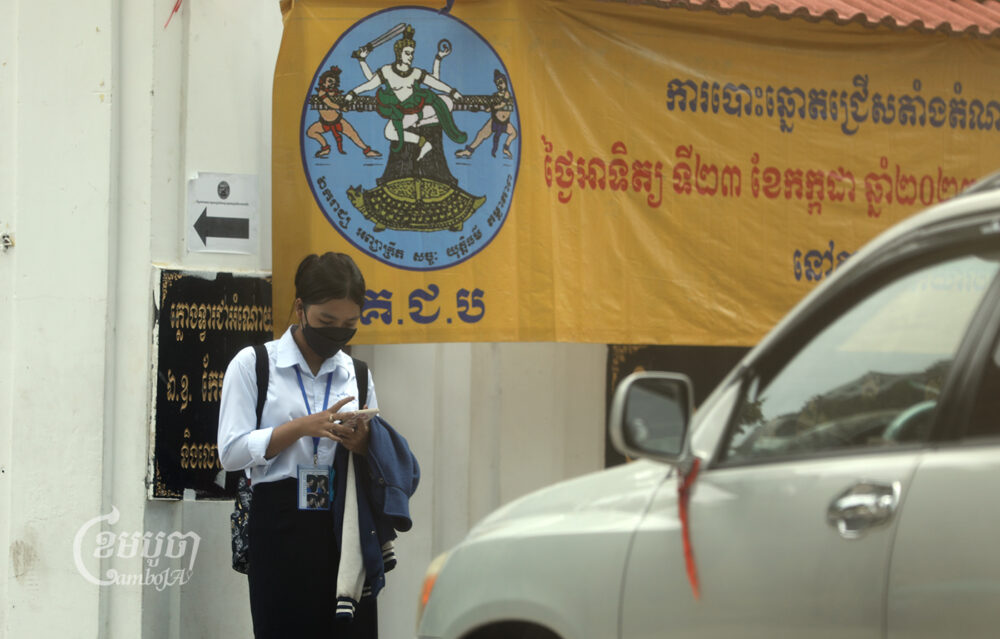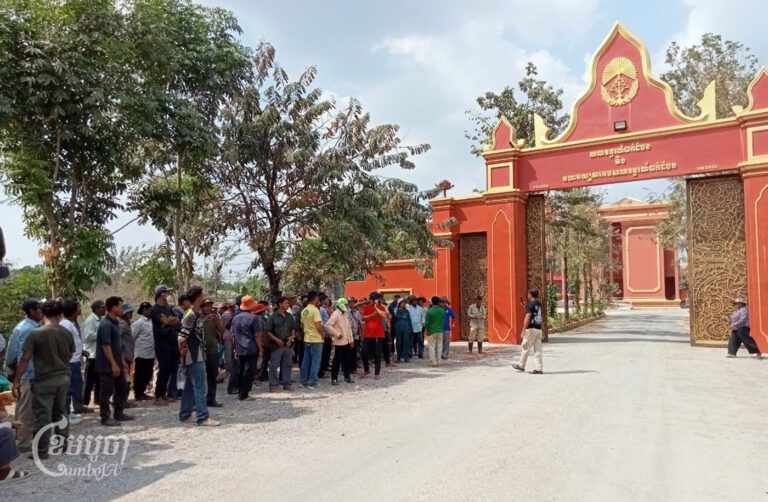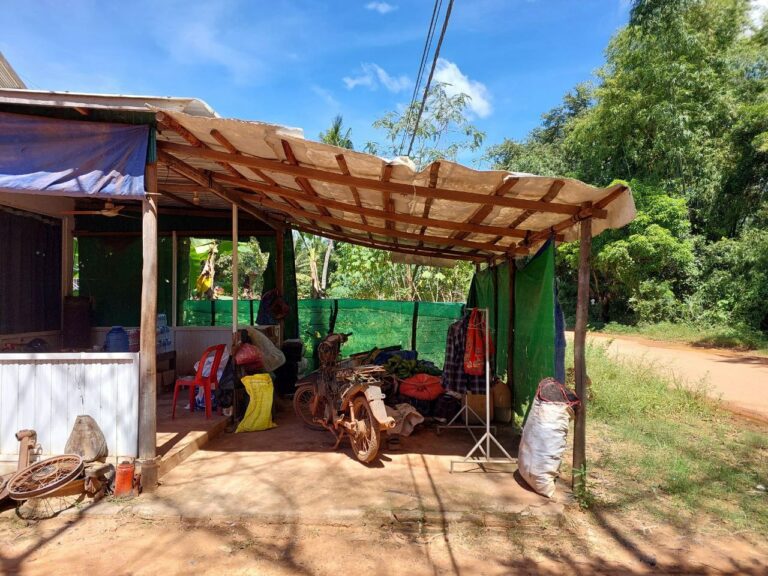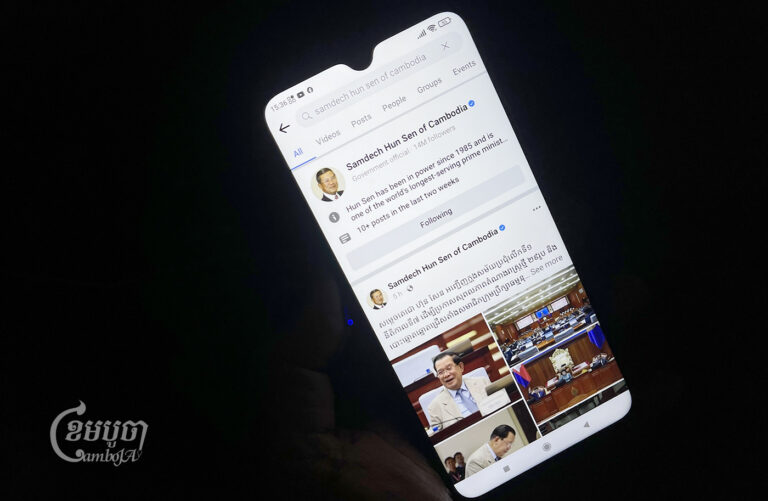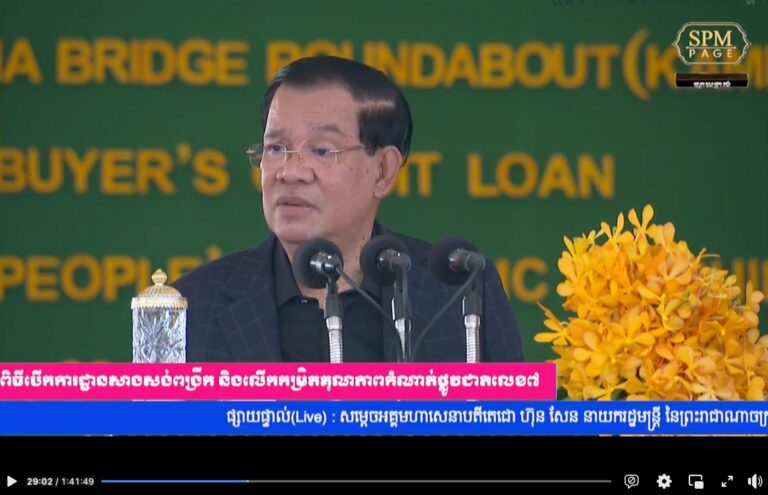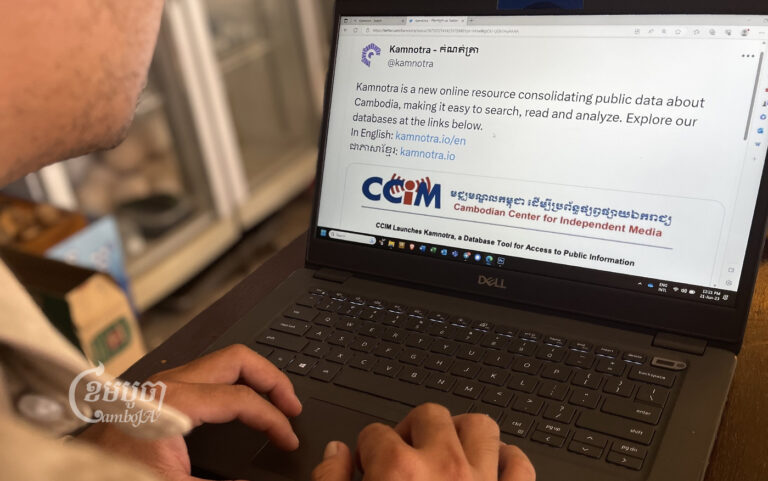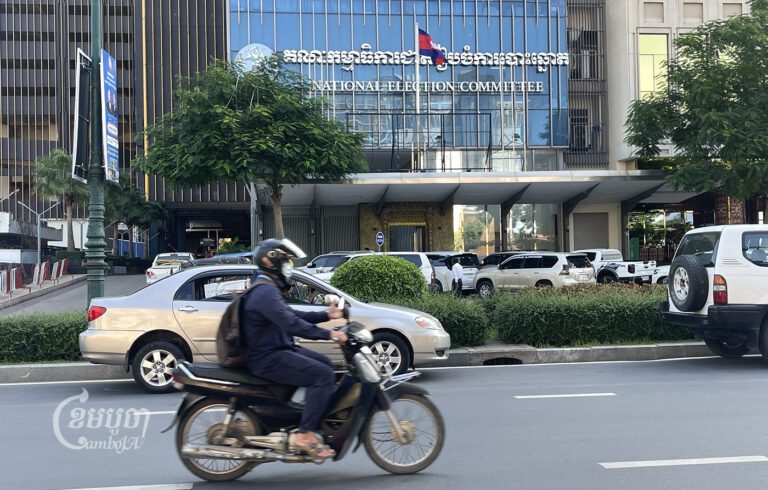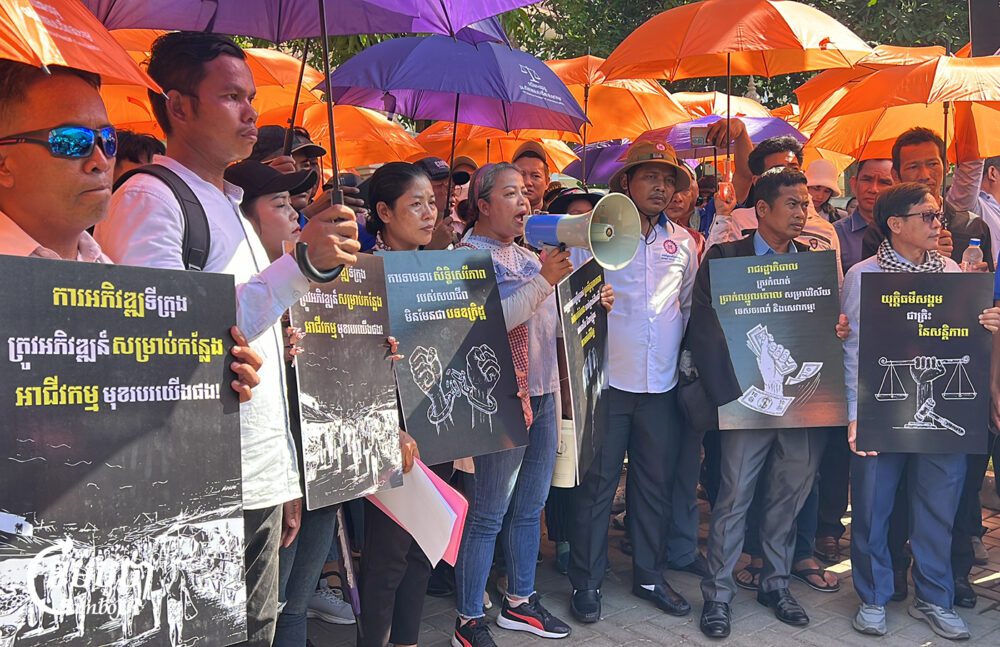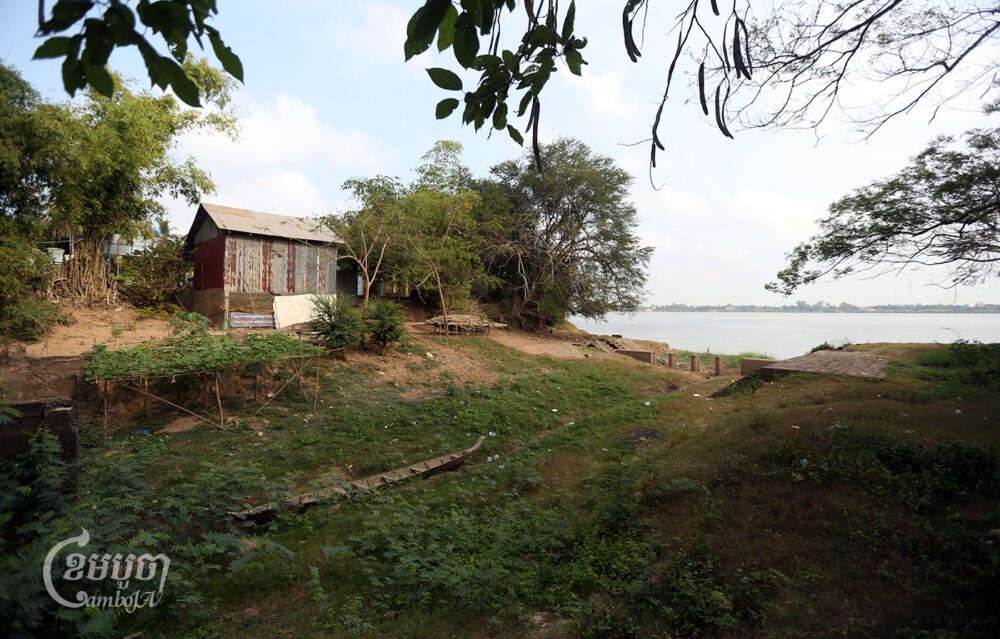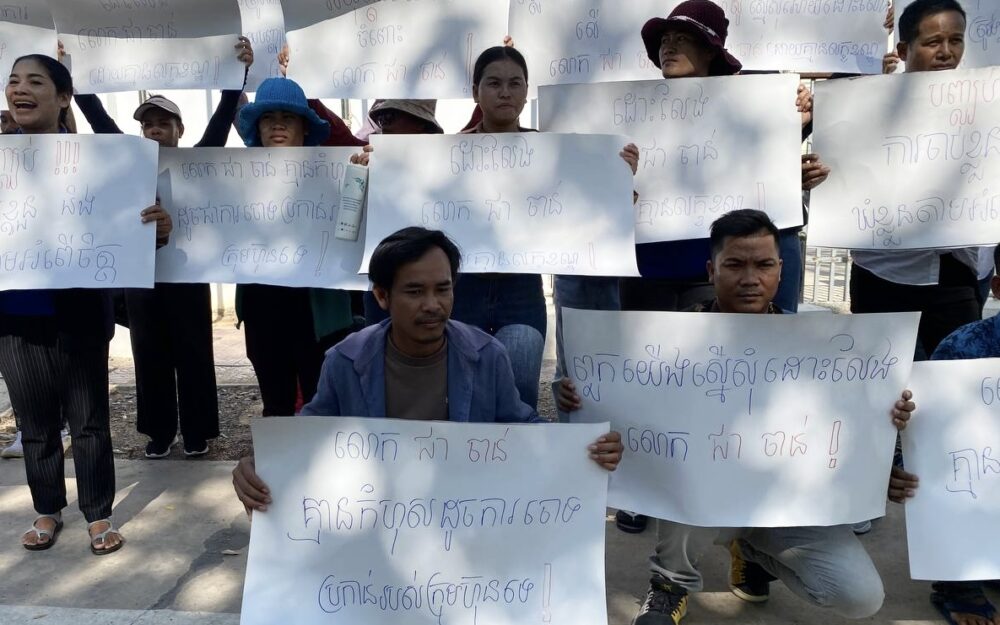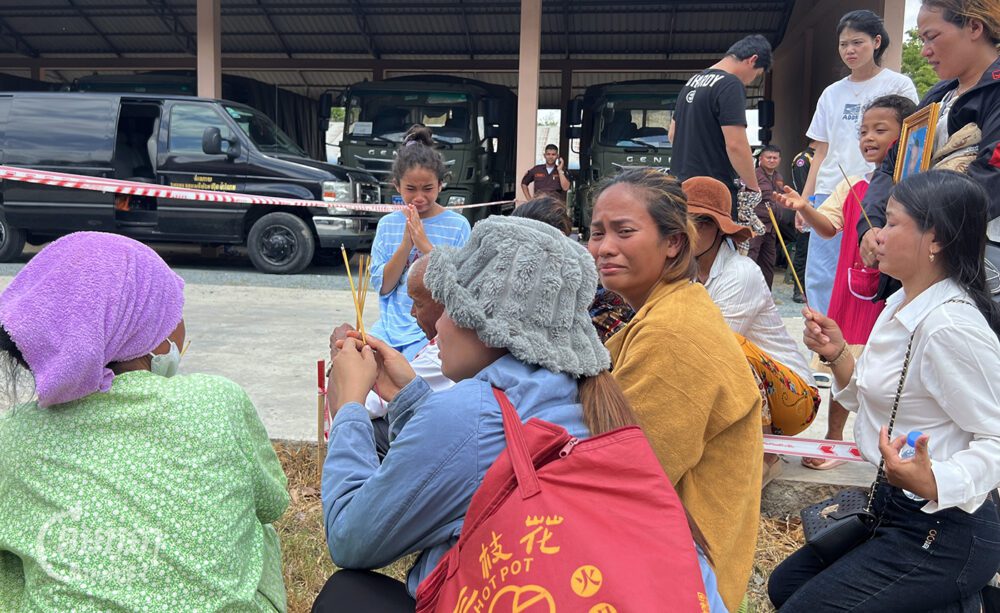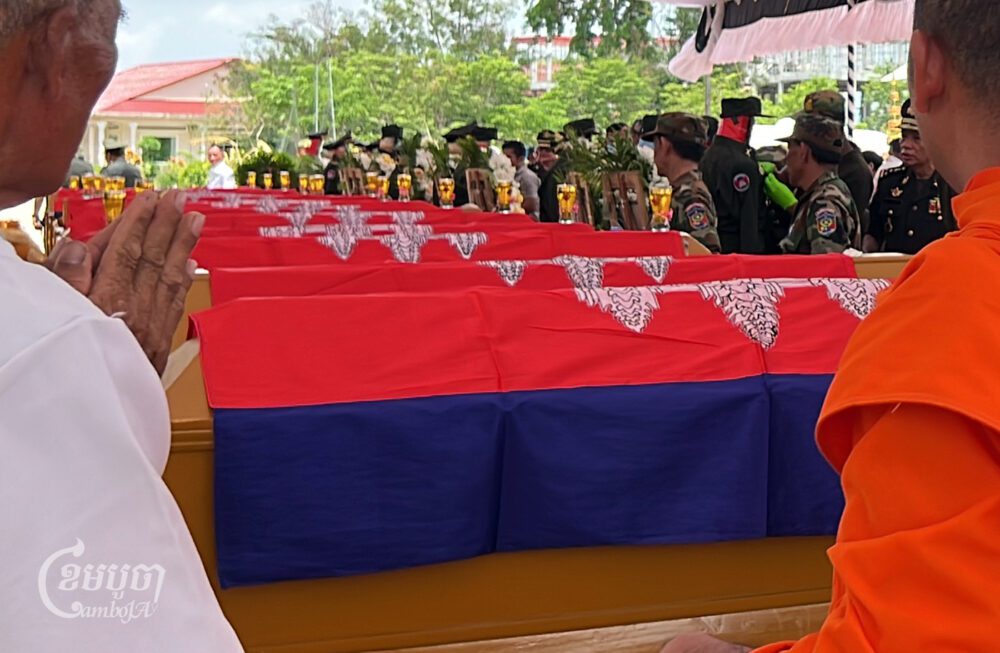After the government announced it was cutting ties with Facebook last week, the future of government-affiliated programs funded by the social media site’s parent company Meta remains uncertain.
A letter from the Telecommunications Ministry issued on June 30 stated that the government would halt its relations with Facebook, end private sector partnerships, and expel the company’s representative from the country.
Prime Minister Hun Sen deleted his Facebook the day Meta’s Oversight Board after they recommended Facebook suspend his account for six months after he live-streamed a speech calling for violence against political opponents. The Foreign Affairs Ministry on Tuesday banned all 22 members of Meta’s Oversight Board, calling the decision “political in nature.”
While government spokesperson Phay Siphan later clarified to Rest of World that the government will not seek to end Facebook’s private sector partnerships in Cambodia, he reiterated that the government would stop partnering with Facebook.
Telecommunications Ministry spokesperson Liv Sophanarith added Meta’s educational programs in the country would end.
“Before we had some training that was provided by Meta, but now we will stop organizing those trainings,” Sophanarith said.
Meta has funded multiple programs with Cambodian NGOs in partnership with the Cambodian government, such as the Khmer Digital Literacy Program and a Digital Economy Portal.
Meta’s public policy manager Heng Pheakdey and Meta did not respond to requests for comment.
Sisowath High School is one of six schools set to benefit from the Meta-funded digital literacy initiative, launched in March in collaboration with the NGO Kampuchea Action to Promote Education (KAPE) and the Ministry of Education, Youth and Sport (MoEYS). The program is derived from Meta’s WeThinkDigital initiative.
The program was designed to instruct trainers from each school in a curriculum designed by Meta to integrate into their existing digital training program, with the goal of reaching between 3,000 and 5,000 students, according to KAPE’s website.
“This course will equip schools with the necessary skills to thrive in the digital age, and we look forward to seeing their growth and success,” MoEYS Secretary of State Kim Sethany told KiriPost at the launch ceremony.
Sisowath’s vice principal Sam Kamsann said that the school has already been running a digital literacy program and said the classes would continue. He claimed Meta’s additional curriculum and trainings had not yet been implemented and on Friday said there was no update from MoEYS on the program’s future.
“With Facebook and Meta, it is not related to our school or education being cut off or suspended for digital literacy,” he said. “The process remains the same, and we keep promoting [digital literacy].”
“We did not know whether to continue the process [of the program] or suspend, because it is the decision of the leader,” he added.
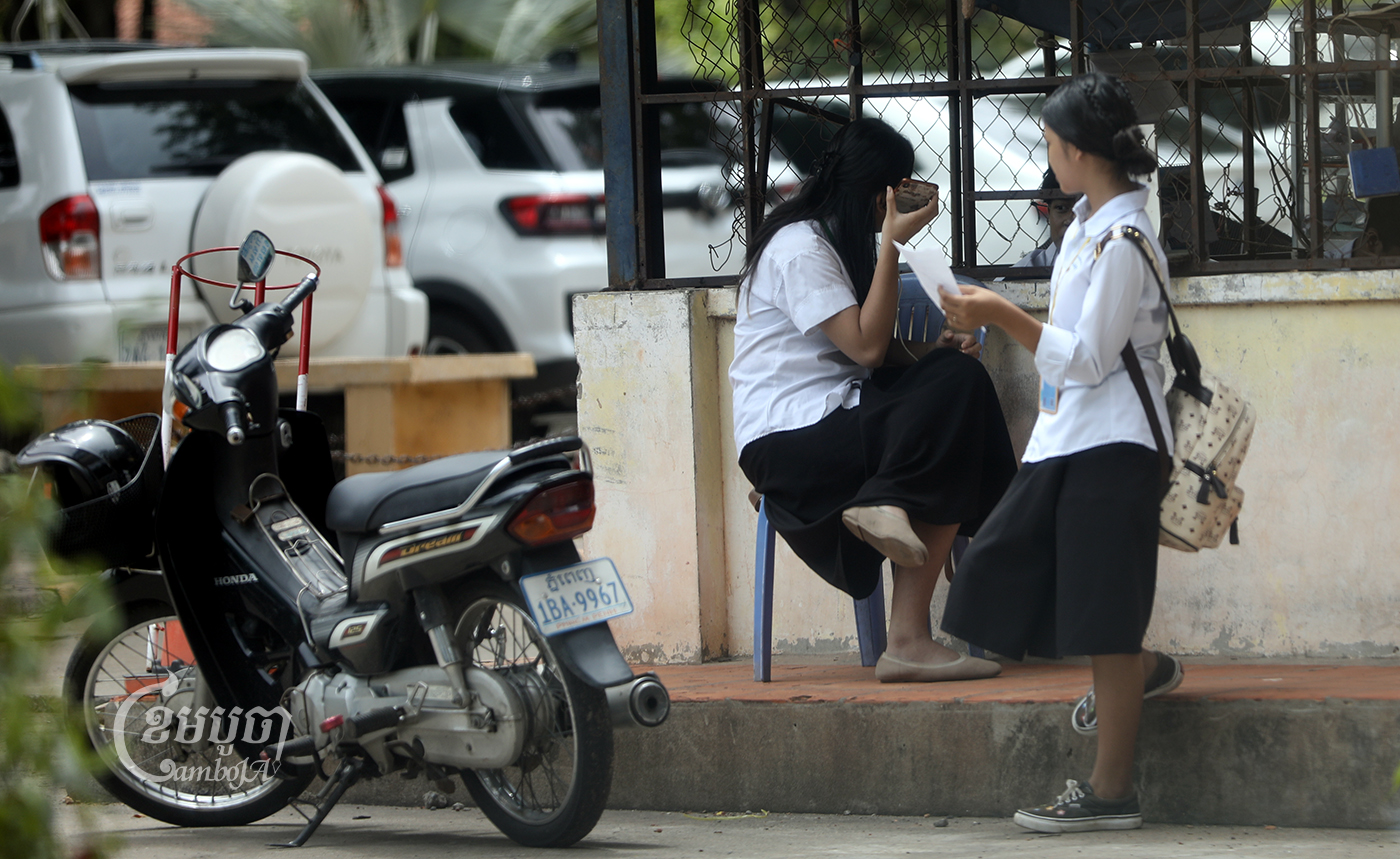
KAPE did not respond to requests for comment. A person who answered a phone number for the office of InSTEDDiLab, an organization listed as one of the Meta-funded initiative’s partners, said the program would continue but he was unsure if Meta would remain involved. He did not identify himself.
Meas Sopagna, a grade 12 student at Sisowath, said he had joined a workshop with Facebook representatives last year. He said that Facebook had presented how to use social media to implement projects and promote social awareness to be more effective.
“I hope that digital literacy education would continue despite the absence of a Facebook representative in Cambodia,” he said. “I am also optimistic that there will be a solution for Facebook representatives in Cambodia to continue to educate and promote digital literacy in Cambodia, as well as to develop this large social network to bring more benefits to Cambodia.”
MoEYS spokesperson Ros Soveachea declined to comment on the program’s future.
Meta also partnered with the Ministry of Economy and Finance to produce a digital economy portal. As of Friday morning, the website listed Meta’s logo beneath the words “co-organized by.”
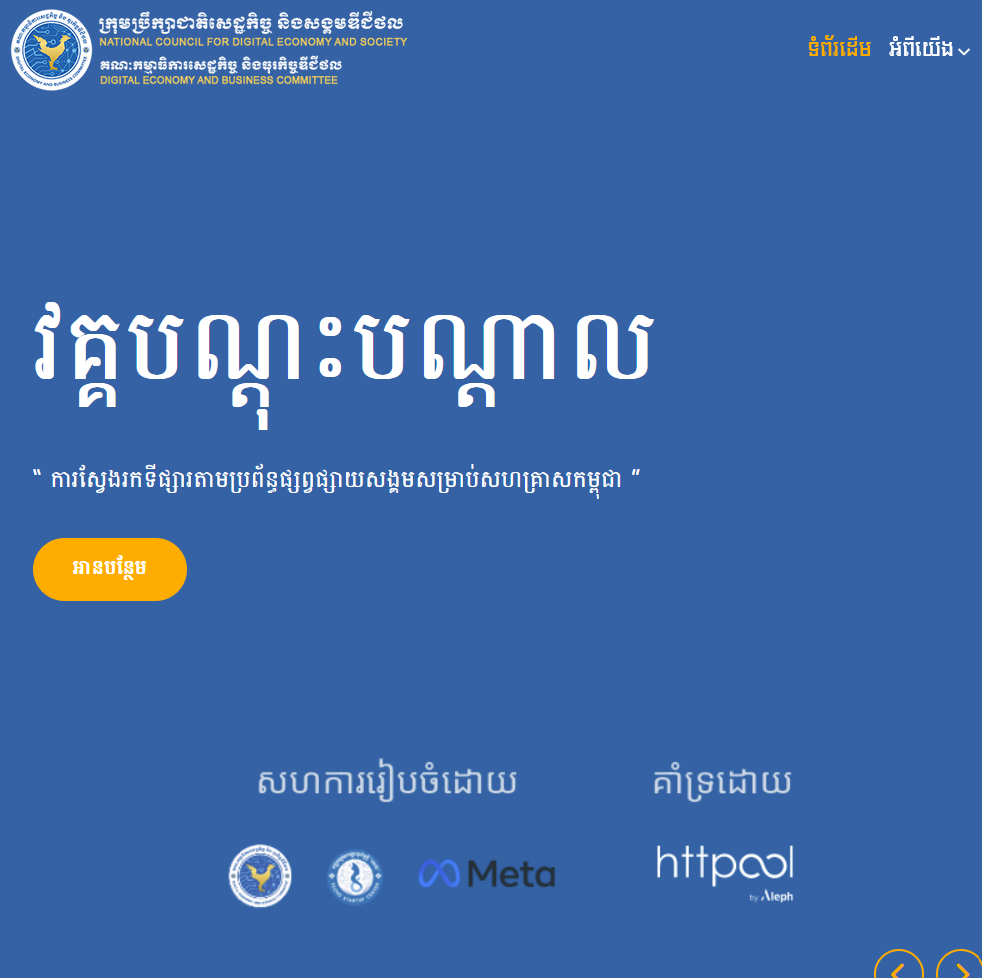
Meta also “initiated and funded” a database of information related to Cambodia’s digital economy, overseen by Open Development Cambodia and including an advisory group of representatives from the Ministry of Economy and Finance and Telecommunications Ministry, according to the website. The portal went live in October last year. An unnamed Meta representative was quoted by KiriPost as saying the company sought to bolster Cambodia’s digital economy and policy framework in the coming decade.
A representative from Open Development Cambodia declined to comment on the future of the website.
Ministry of Economy and Finance spokesperson Meas Soksensan claimed that the government was not involved in the Open Development Cambodia website. Regarding the government’s Meta-funded website, Soksensan “stressed that with all the old activities [with Meta], the government has not done anything deep and wide, working mostly on digital literacy and marketing strategy training through social media.”
“People still can use Facebook for communication and business so nothing will affect Cambodia’s digital economy and society policy framework,” Soksensan said.


